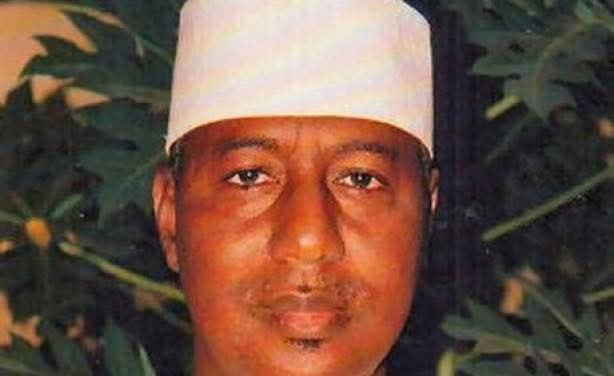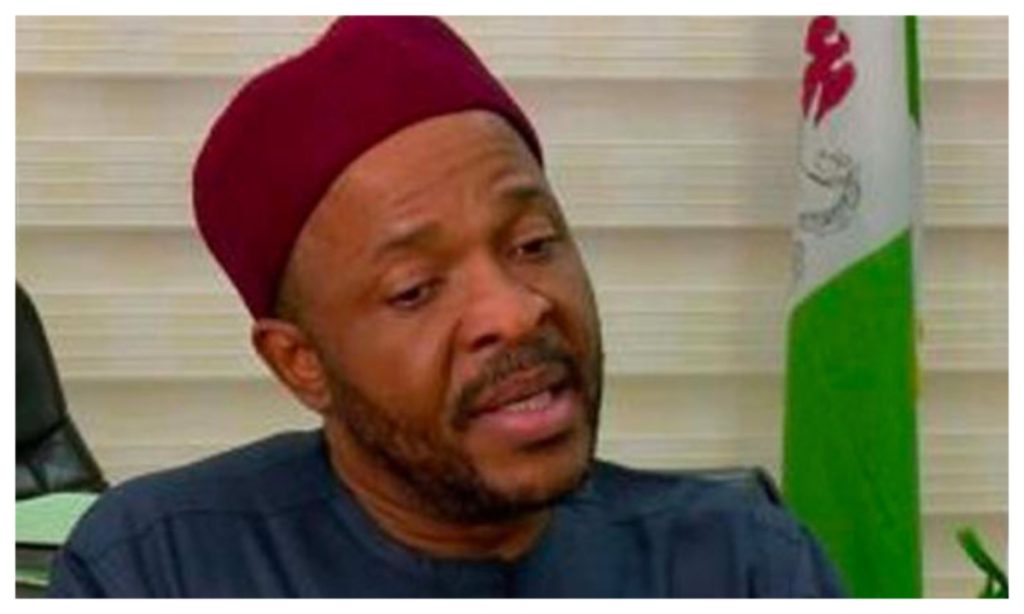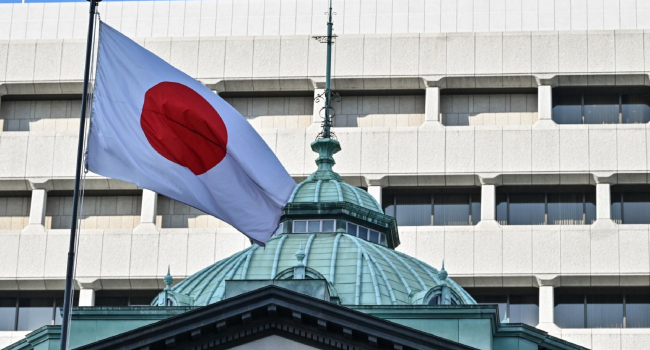The Africa Women’s Conference has commenced in Addis Ababa, Ethiopia, with the aim of urging African nations to prioritize gender inclusion for the advancement of the continent. Dr. Ergoge Tesfaye, the Minister of Women and Social Affairs in Ethiopia, affirmed the need for unity, support, and cooperation to hasten development. She further challenged governments to enforce measures that enhance equal rights for women and girls in Africa.
Dr. Jummai Ahmadu, co-convener of the conference, expressed that this gathering provides a platform to set the agenda for the next phase of women’s empowerment in Africa. The conference aims to address crucial issues, challenges, and opportunities related to women’s empowerment, with the ultimate goal of building a more inclusive and equitable society.
The conference is designed to bring together experts, institutions, and individuals from various sectors of the African economy and beyond. It fosters dialogue on the themes of inclusion, equity, equality, and empowerment, and provides a space for knowledge-sharing, collaboration, and partnership. Participants have the opportunity to discuss important topics, exchange ideas, and enhance their understanding of gender equality.
During the opening ceremony, Senator Mohammed Tahir Munguno, Chairman of the Senate Committee on Judiciary, Human Rights, and Legal Matters, emphasized the importance of nation-building and called on civil society organizations to strengthen advocacy efforts. He stressed the need for comprehensive awareness campaigns to ensure that women and girls are informed about existing legislations that protect their rights. Senator Munguno assured attendees of the 10th Senate’s commitment to advancing legislation that guarantees the protection of women and girls’ rights and to strengthening existing legal instruments to promote gender inclusion across all spheres of society.
Bhavesh Chandaria, Chief Executive Officer of Ethiopian Steel PLC, spoke passionately about the need for African women to support one another. He emphasized that it would be an injustice if women continued to face discrimination in the next 30 years. Chandaria urged society to adopt a supportive and empowering attitude towards women, acting as mentors and advocates for their success. He called for a societal shift where political parties prioritize women’s agendas, and consumers choose products and services from companies that demonstrate a commitment to women’s welfare.
Mrs. Adedayo Benjamins-Laniyi, the Mandate Secretary for Women and Children Affairs in the Federal Capital Territory Administration, delivered a goodwill message reminding attendees of the power of unity and the ability to celebrate African culture. She encouraged participants to leverage their diverse backgrounds and face challenges together to create a new African continent.
Dr. Martha Namundjebo-Tilahun, Chairperson of United Africa Group in Namibia, stressed the importance of creating platforms that facilitate women’s active participation in politics. She emphasized the need for collaboration between governments, businesses, and civil society to address pressing issues. Dr. Namundjebo-Tilahun urged for policies and initiatives that support women in leadership roles and break the glass ceiling that has hindered progress for too long.
Mrs. Mary Idele Alile, the Woman Leader of the All Progressive Congress, emphasized the need for women to defy societal norms and transcend cultural and religious barriers in order to effect change. She called on participants to amplify the voices of inspiring women who are breaking barriers and to support initiatives that promote women’s agendas.
The Africa Women’s Conference, now in its 7th edition, is an initiative of the Helpline Foundation for the Needy, a non-governmental organization in partnership with other development stakeholders. This conference provides a crucial platform to engage in meaningful conversations, address important issues affecting women’s empowerment, and work towards building a more inclusive and equitable African society.



